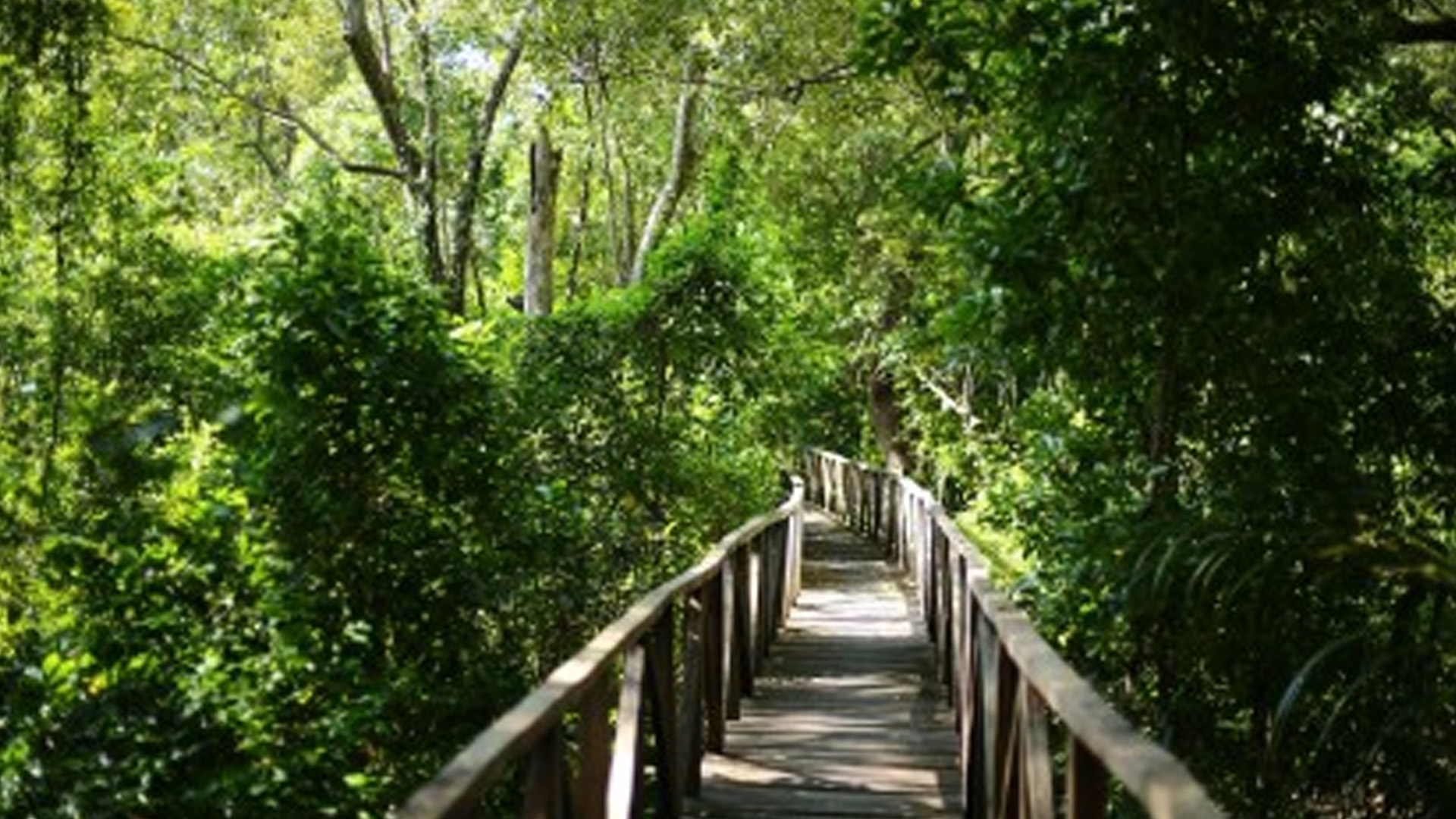The Philippines, through the Department of Environment and Natural Resources (DENR), is ramping up efforts to restore and protect coastal ecosystems and advance climate resilience through the National Blue Carbon Action Partnership (NBCAP).
In a news release on Thursday, the DENR said the agency spearheaded the launch of the NBCAP in Quezon City on Wednesday, in collaboration with the Zoological Society of London (ZSL) Philippines, and supported by the World Economic Forum’s (WEF) Ocean Action Agenda and the United Kingdom Government’s Blue Planet Fund.
“NBCAP aims to strengthen the protection and restoration of blue carbon ecosystems in the Philippines, ensuring their sustainability for climate resilience, biodiversity conservation, and community development,” the DENR said.
It said blue carbon ecosystems play a critical role in mitigating climate change and supporting local livelihoods through evidence-based interventions and strategic collaborations.
The DENR said the NBCAP focuses on strengthening policies, financing mechanisms, and conservation efforts for key coastal ecosystems, such as mangroves, seagrasses, and tidal marshes.
These ecosystems serve as natural barriers against storm surges, support marine biodiversity, and act as carbon sinks that absorb atmospheric carbon dioxide.
During the event, ZSL Philippines Country Director Edwina Garchitorena highlighted the importance of using data-driven strategies to protect both communities and marine environments.
“The restoration of our blue carbon ecosystems is essential to the nation’s environmental and economic future. They serve as natural defenses, sources of food and livelihood, and carbon sinks where carbon can be absorbed and stored,” she said.
Through the NBCAP, the Philippine government aims to finalize a National Blue Carbon Action Roadmap, which will integrate scientific research into policy-making and community initiatives.
Experts from top academic institutions, including Severino Salmo II of UP Diliman, Dixon Gevaña of UP Los Baños, and Yasmin Primavera-Tirol of Aklan State University, emphasized that these efforts align with the Philippines’ commitment to international biodiversity and climate agreements, particularly those outlined in the United Nations Conference of the Parties (COP).
Despite a decade of research on blue carbon ecosystems in the Philippines, access to scientific data and methodologies remains limited.
The NBCAP aims to address this gap by making research more available to policymakers and conservationists and fostering multi-sectoral collaboration.
“Through NBCAP, we will convene scientists, policymakers, and community stakeholders to develop and guide high-impact and high-integrity programs that aim to restore all blue carbon ecosystems,” Garchitorena said.
“Our goal is to attract more partnerships, funding, and legislative support to ensure the effective protection and sustainable management of these vital ecosystems.” (PNA)







